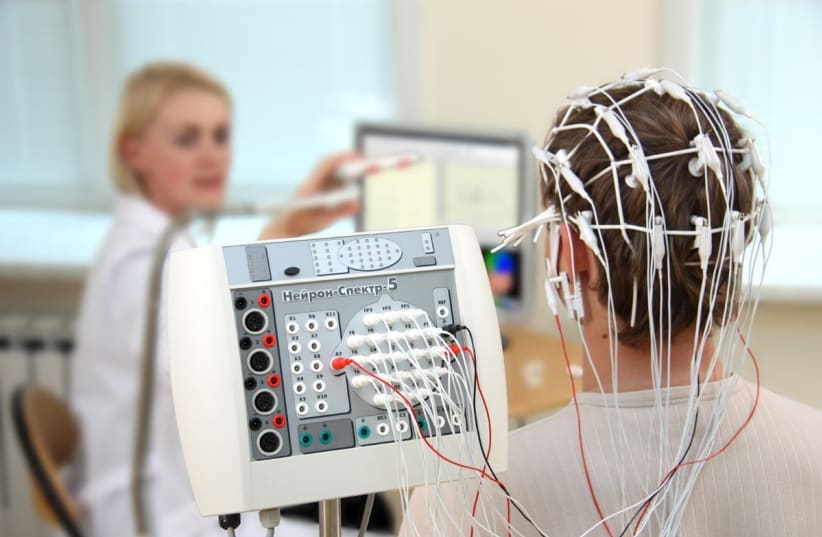A new study published by a team of medical researchers from the University of Virginia revealed that even minor brain traumas may cause long term complications in the brain's ability to clear itself from toxins.
Accumulation of toxins in the brain may be the root of many brain-related diseases including Alzheimer and dementia.
The research also shed new light on traumatic brain injuries (TBI), which could answer many questions being asked both by those in the scientific community and the general public, as many are familiar with the issue in relation to sports and the military.
It appears that certain patients are more prone to experience a decline in brain function later on in their lives after suffering even minor brain trauma. This information could lead to better treatments for these patients.
John Lukens from the university's Department of Neuroscience and Center for Brain Immunology and Gila explained: "This reinforces the idea that you have to give people an opportunity to heal. And if you don’t, you’re putting yourself at a much higher risk for long-term consequences that you might not see in a year but could see in a couple of decades."
It appears that when the human brain swells as result of an injury, it begins to press against the skull's interior. This, in turn, increases the pressure on minuscule lymphatic vessels that function as the brain's cleaners.
The researchers found that this pressure on the tiny vessels causes long-term damage to the brain's ability to wipe itself clean of toxins. In lab tests that were conducted on mice, the researchers also found that this damage could take up to weeks to repair - if not longer.
The very existence of these lymphatic vessels has been questioned by modern medicine until 2015, when Jonathan Kipnis, Ph.D, and his team from the University of Virginia proved their existence.
Until 2015, medical literature contended that these vessels did not even exist and the brain was not even interacting with the body's immune system, that it was "immune privileged" so to say.
The results of the research also point to the fact that people who suffer from pre-existing issues relating to the brain's ability to rid itself of toxins are more likely to suffer from brain related complications in the future.
"If you have a pre-existing kink in the pipes and you get hit in the head, then everything is taken to a higher level – the impacts on memory, the neuroinflammation," explained Lukens.
But not all is bleak in the kingdom of neuroscience as Lukens believes that it is possible to repair the afflicted lymphatic vessels with special medications to such levels that may even protect patients from long-term problems.
